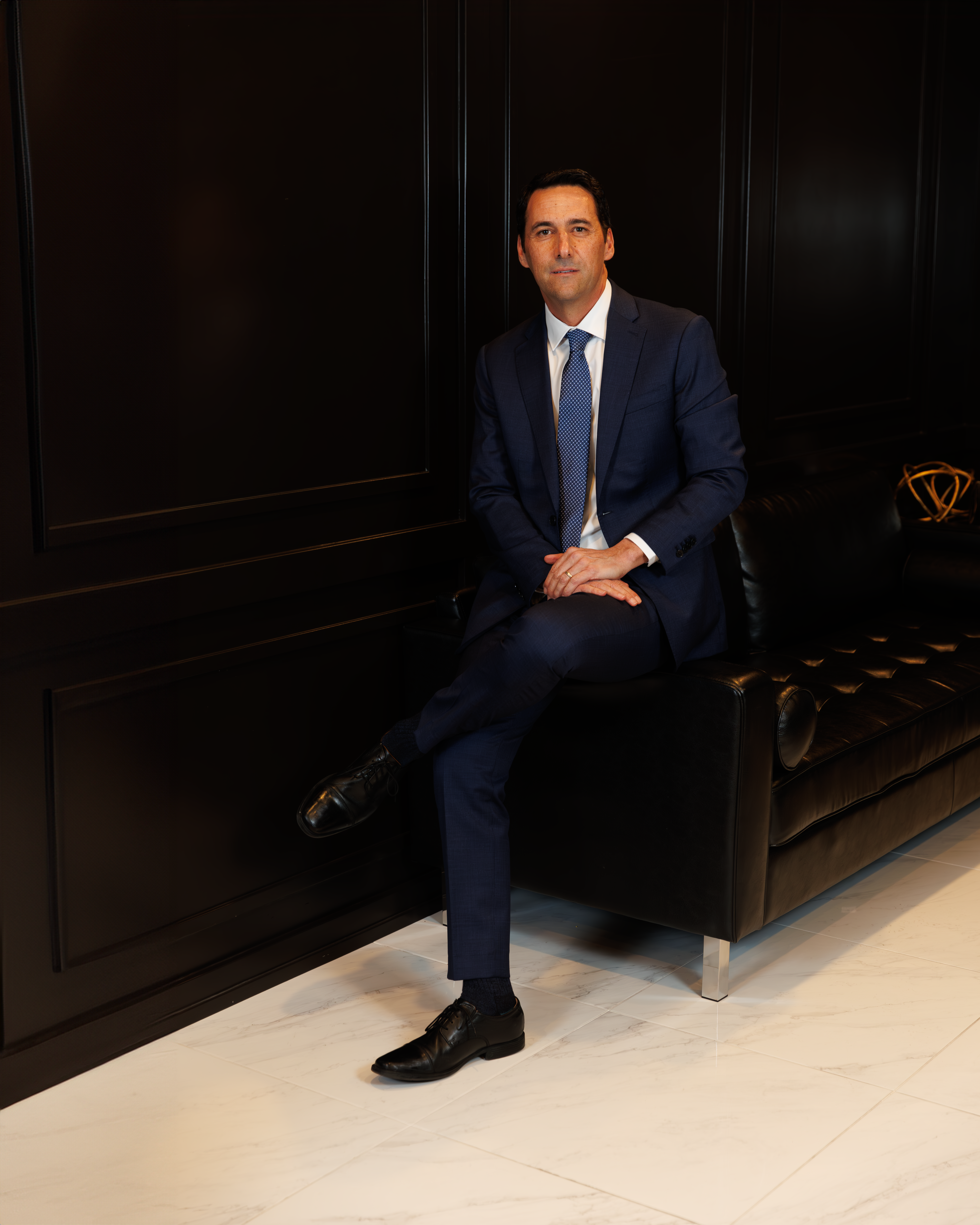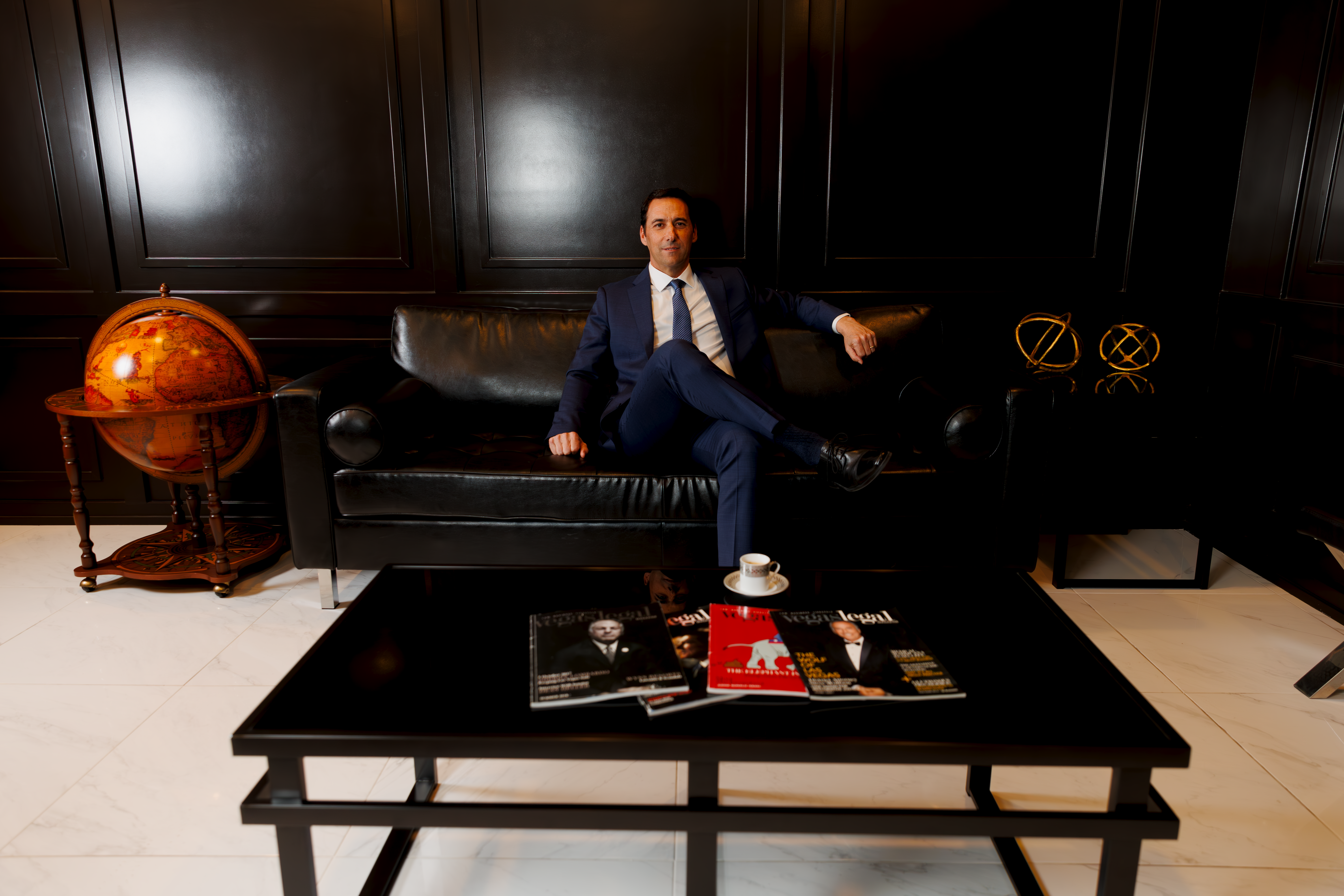Vegas Legal Magazine (VLM): What does being a judge mean to you?
I feel a tremendous sense of obligation as a judge to be at my best every day, which means being prepared, impartial, and decisive. At my swearing-in, I spoke about repairing the world, which is an important value of mine. Being a family court judge allows me to make a difference in the lives of others one case at a time.
VLM: Why did you become a judge?
I always aspired to become a judge but admittedly the fear of failure was my biggest obstacle. When my kids left for college, I wanted them to take risks in life and pursue their ambitions. I realized I was not doing the same. I decided to put my doubts aside and pursue my dream.
VLM: What has been the most memorable case you have presided over as a judge?
I recently had a case involving two young boys, close in age, living in dire circumstances, food insecurity, neglectful parents, domestic violence, etc. During a child interview, the younger of the two boys described how close he was to his brother, how the two of them leaned on each other for support, and how his slightly older brother was the only person in the world he could trust. I am a father of three children including two boys close in age. Every day as a judge, I see children robbed of innocence by their dysfunctional circumstances. Those two boys and their bond have stuck with me.
 VLM: How do you exercise judicial discretion where legal authority is ambiguous? For example, how likely are you to sanction a litigant who violates a procedural rule, e.g. failing to file a document in a timely manner?
VLM: How do you exercise judicial discretion where legal authority is ambiguous? For example, how likely are you to sanction a litigant who violates a procedural rule, e.g. failing to file a document in a timely manner?
More than three-quarters of the litigants I see are self-represented. They are people with real problems who need the court’s help. But they have a tough time understanding and complying with the rules. There is tension between the formalism our legal system requires and the humanism needed to make justice accessible to everyone. We have to adapt and rethink how to make our courts more comprehensible, more worthy of respect, and better able to solve problems than create them.
VLM: How is the family court responding to the increasing number of self-represented litigants?
I am working on a plan to implement the use of “informal trials” in family court. Hopefully, the Nevada Supreme Court will approve our pilot program this year. An informal trial levels the playing field for those unable to hire an attorney. It is a finite, simplistic set of rules that litigants can learn, understand, and feel comfortable navigating.
VLM: What was the most memorable case you tried as an attorney before taking the bench?
An attorney never forgets their first trial. I was no more than a year or two out of law school and represented an elderly widow who went into business with a well-known land developer and then shut out of the company. Despite how green I was at the time (figuratively and literally as I threw up in the bathroom before opening statements), my client prevailed both at trial and on appeal and eventually recouped her investment plus attorneys fees.
VLM: Has there ever been a situation that tested the limits of your patience? Do you have any advice for handling those moments?
Patience is critical to being a judge. People universally want to feel seen and heard. Studies show that when litigants perceive that a decision-making process is fair and both sides treated fairly regardless of who “wins” they are more likely to be satisfied with the outcome. There is often value in family court to allowing litigants to say what they need to say to move forward. I may already know what needs to happen, but having the patience to hear everyone out helps build trust in the process.
VLM: Do you have any attorney pet peeves?
Be prepared. Know your client’s case. If I am asking questions, and you need to turn and ask your client something as simple as his or her work schedule, that is a bad look on you.

VLM: What is your best piece of advice for litigants and/or attorneys?
My best piece of advice for attorneys is to recognize and address upfront the weaknesses of your client’s position. Take reasonable positions; don’t ignore the obvious flaws in your client’s case. Concede what you must or you risk losing credibility with the court.
VLM: What is your passion outside of law?
I enjoy playing pickleball. For years I played league tennis and scoffed at the thought of switching. A friend invited me out to play, and I was immediately hooked.
VLM: Finally…what do you love most about Vegas?
I am Vegas born. I have memories woven throughout the city from parks where I played little league, schools that I attended, restaurants and hotels where my family celebrated important milestones like birthdays, graduations, weddings, etc. Vegas is the backdrop for my story, and I don’t foresee that changing any time soon.
The post Meet the Incumbent: Judge Gordon appeared first on Vegas Legal Magazine.